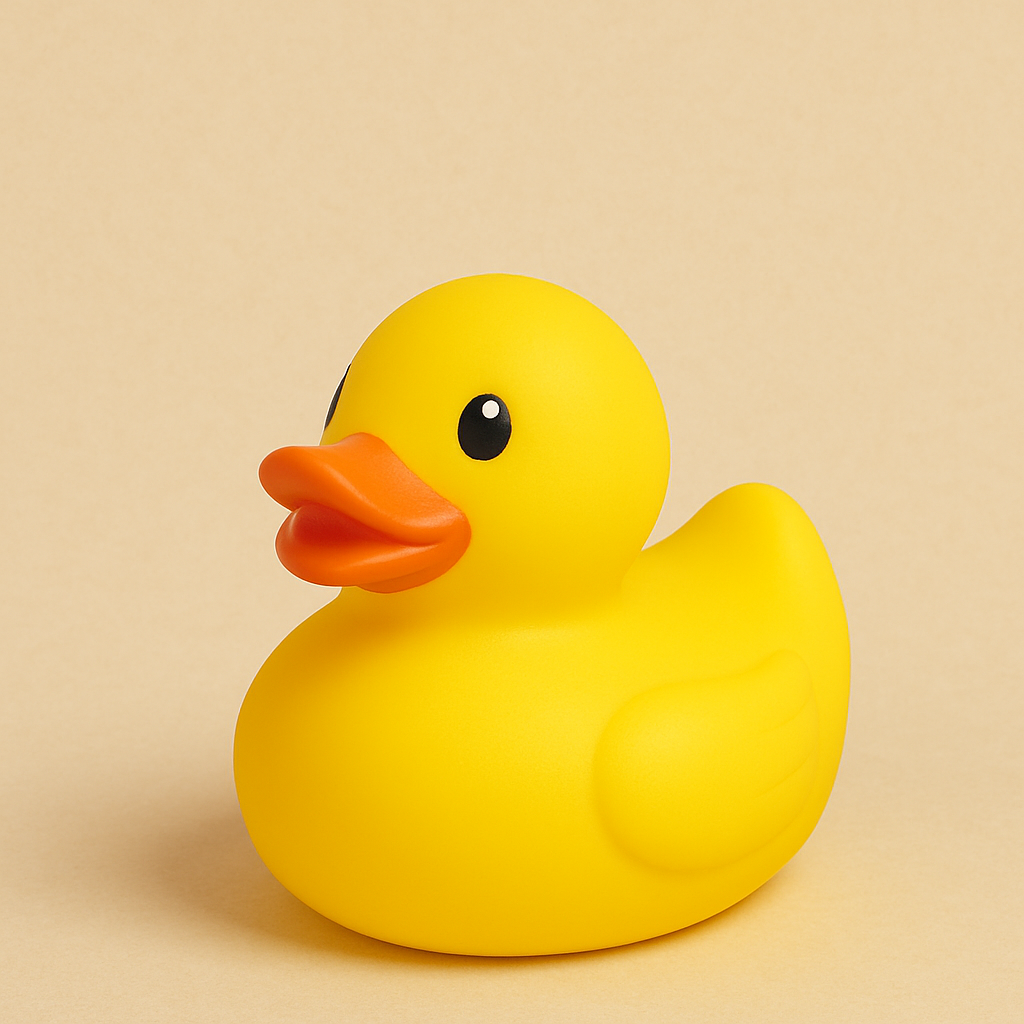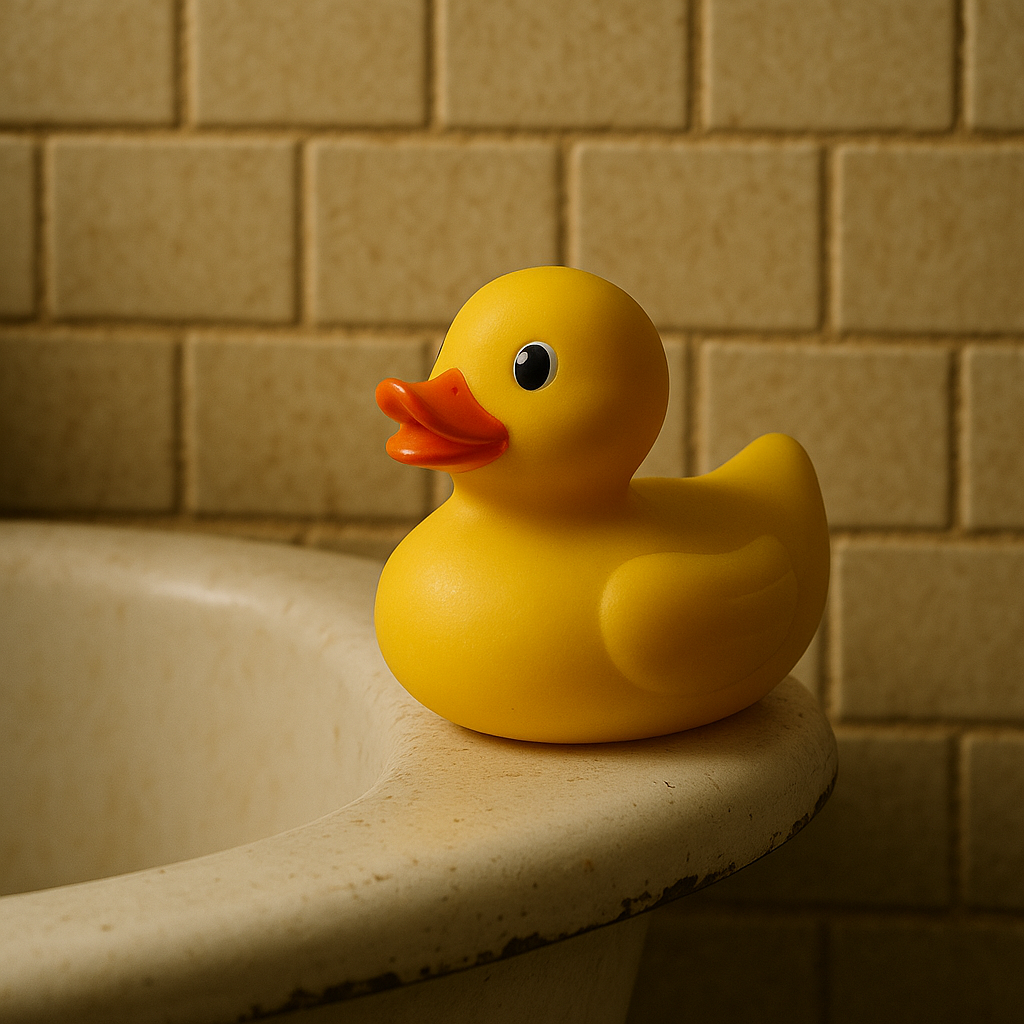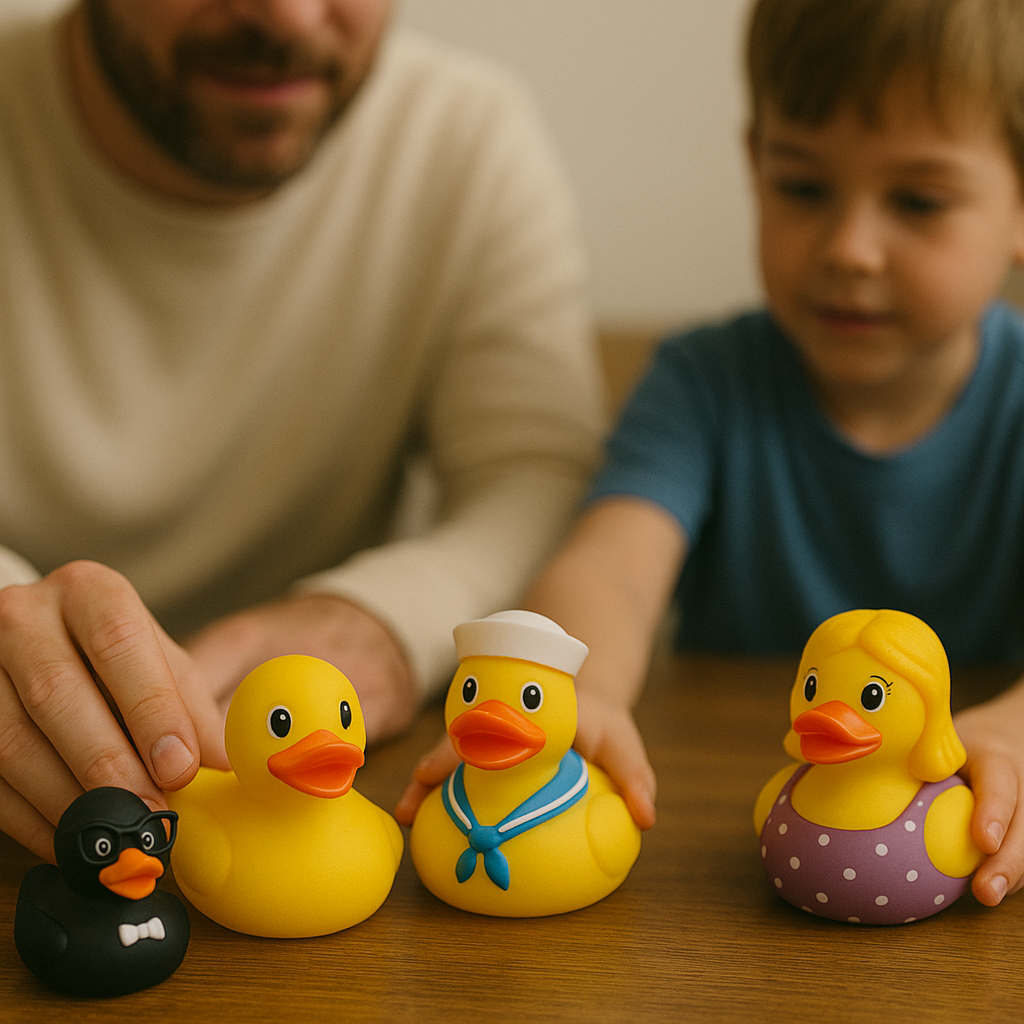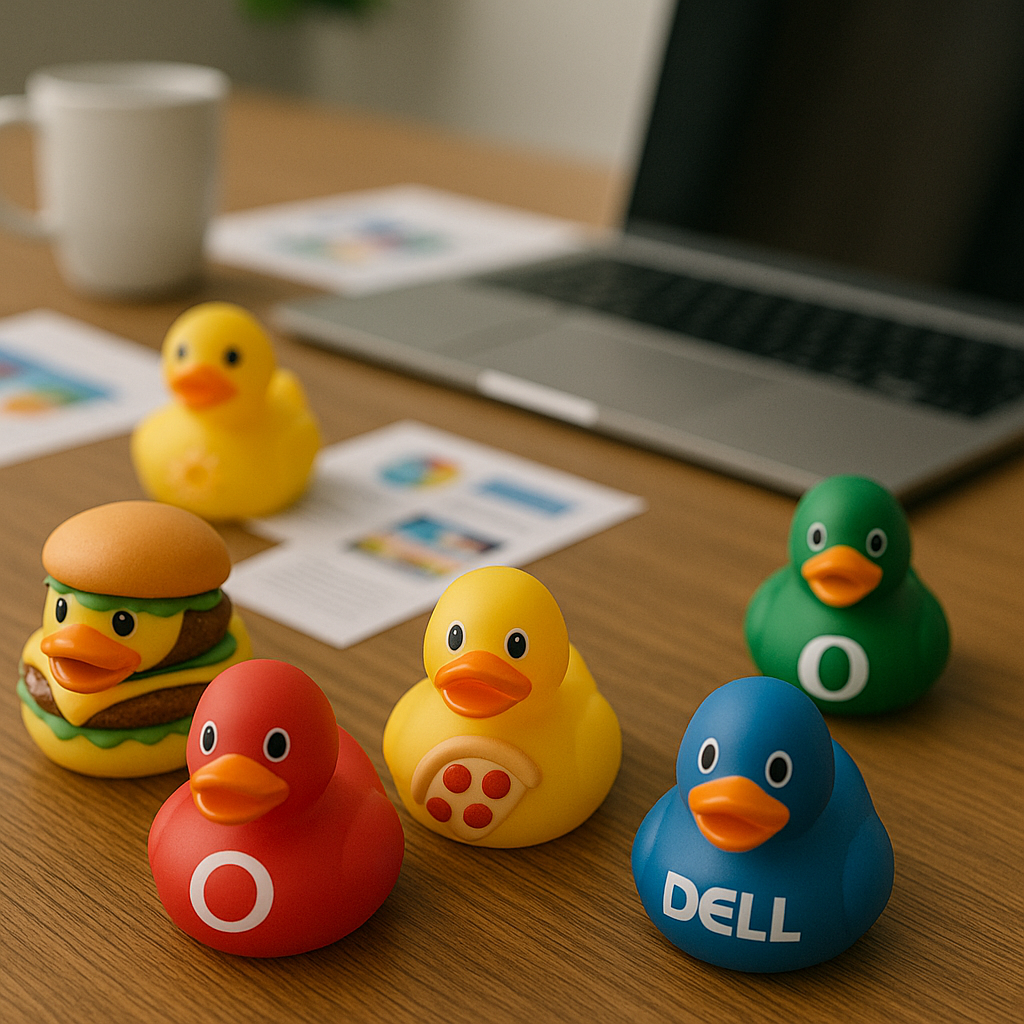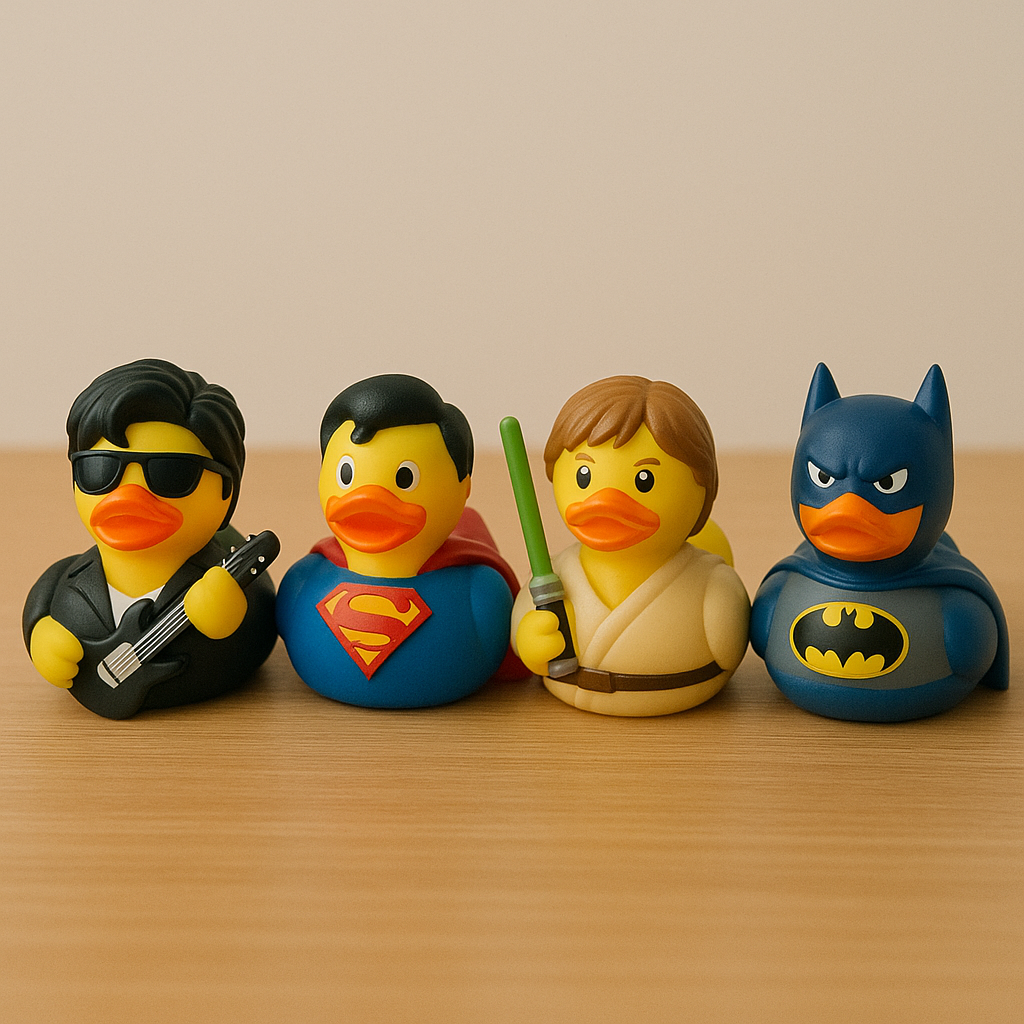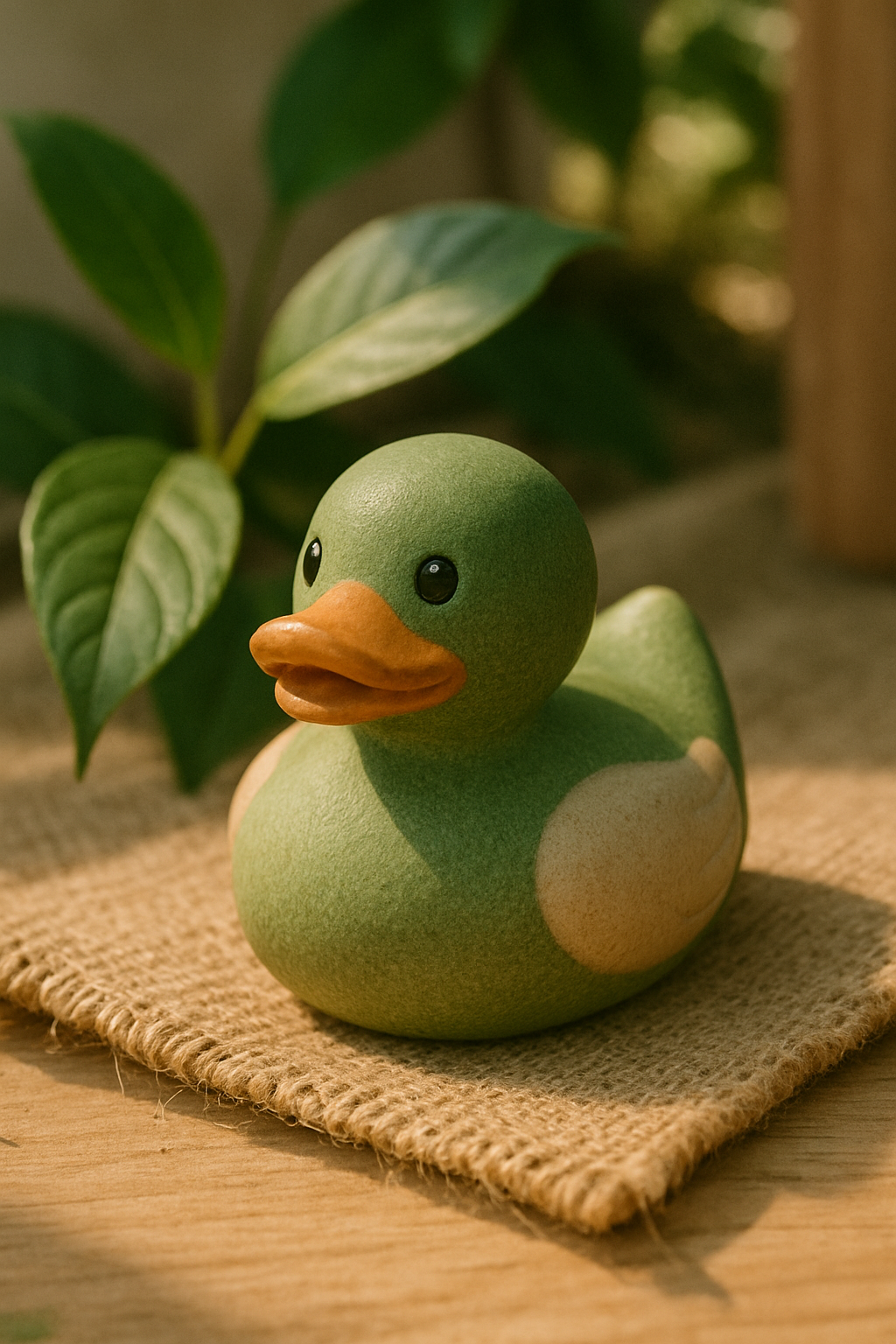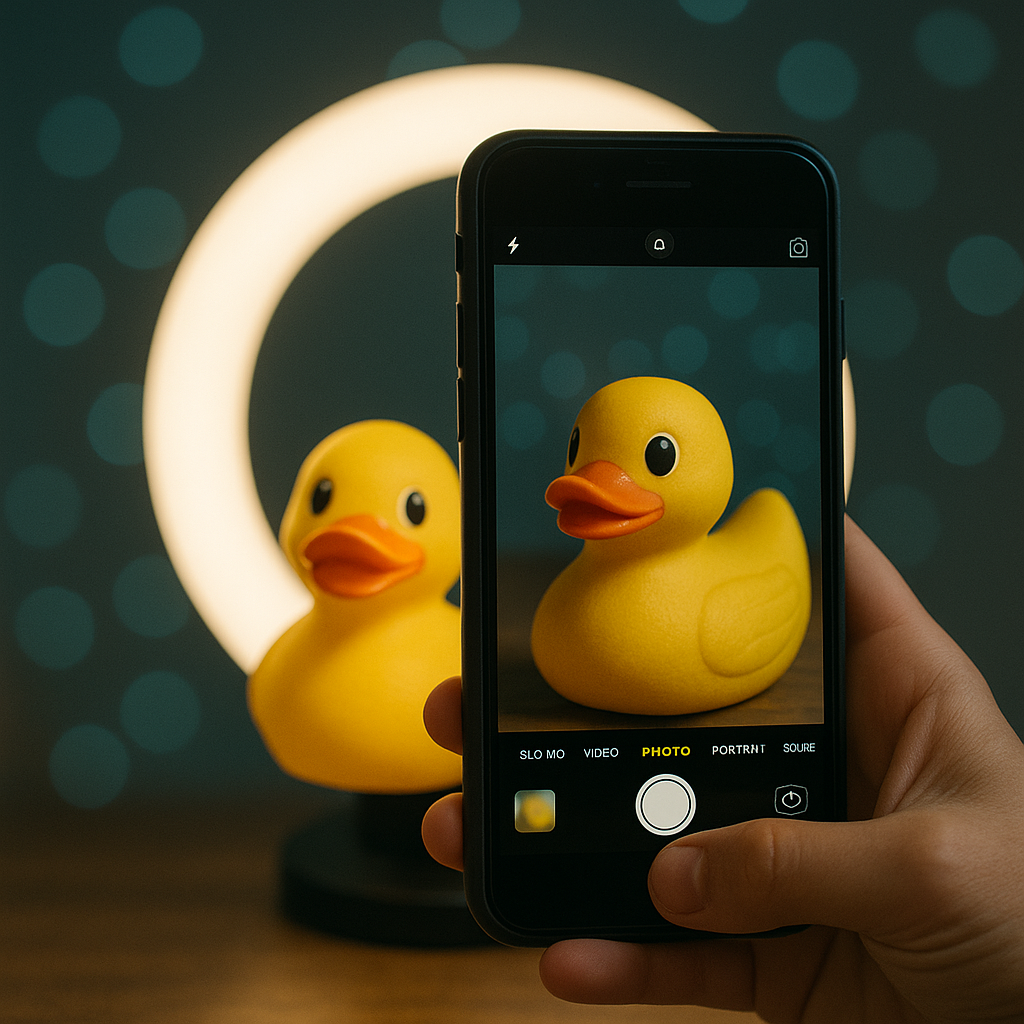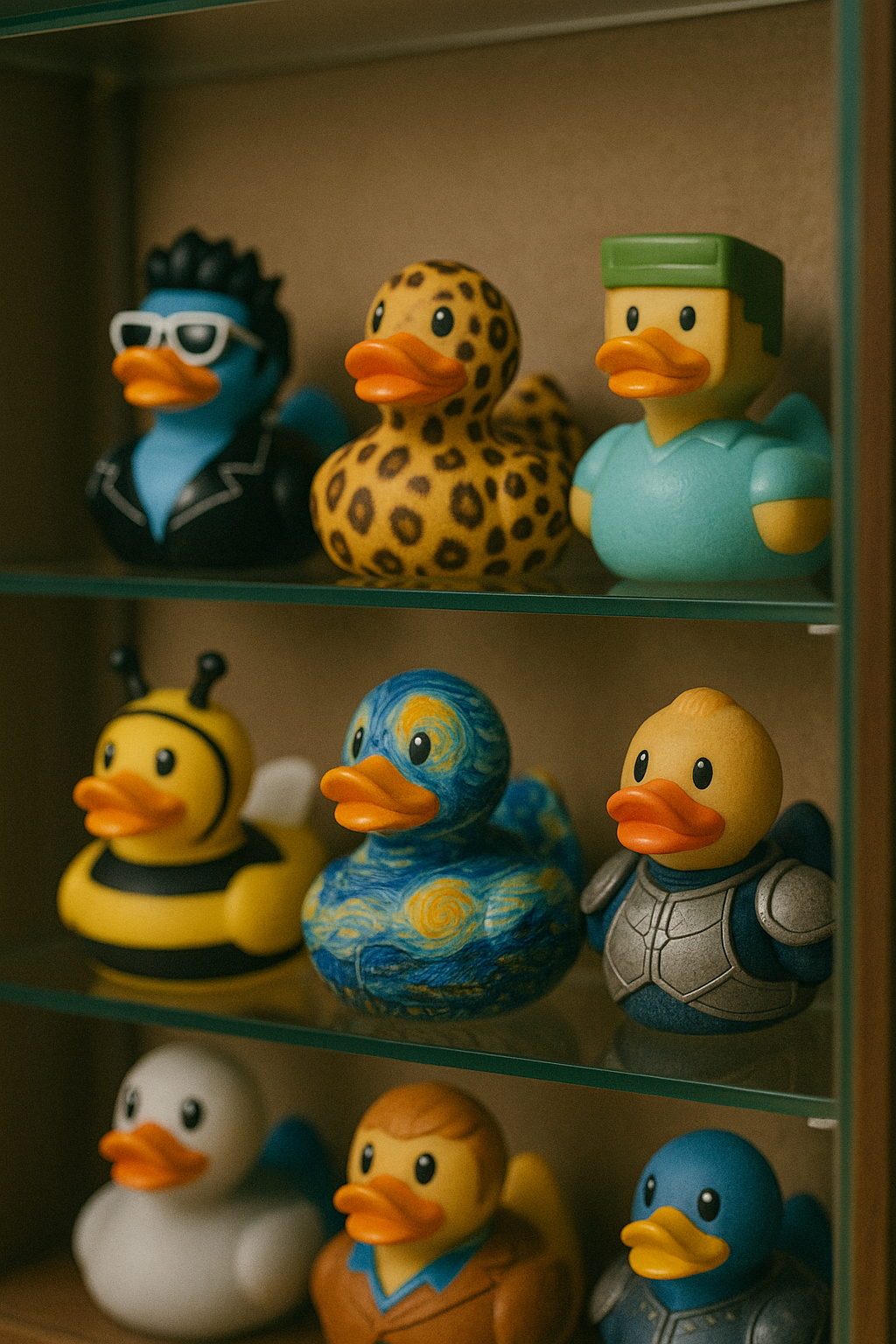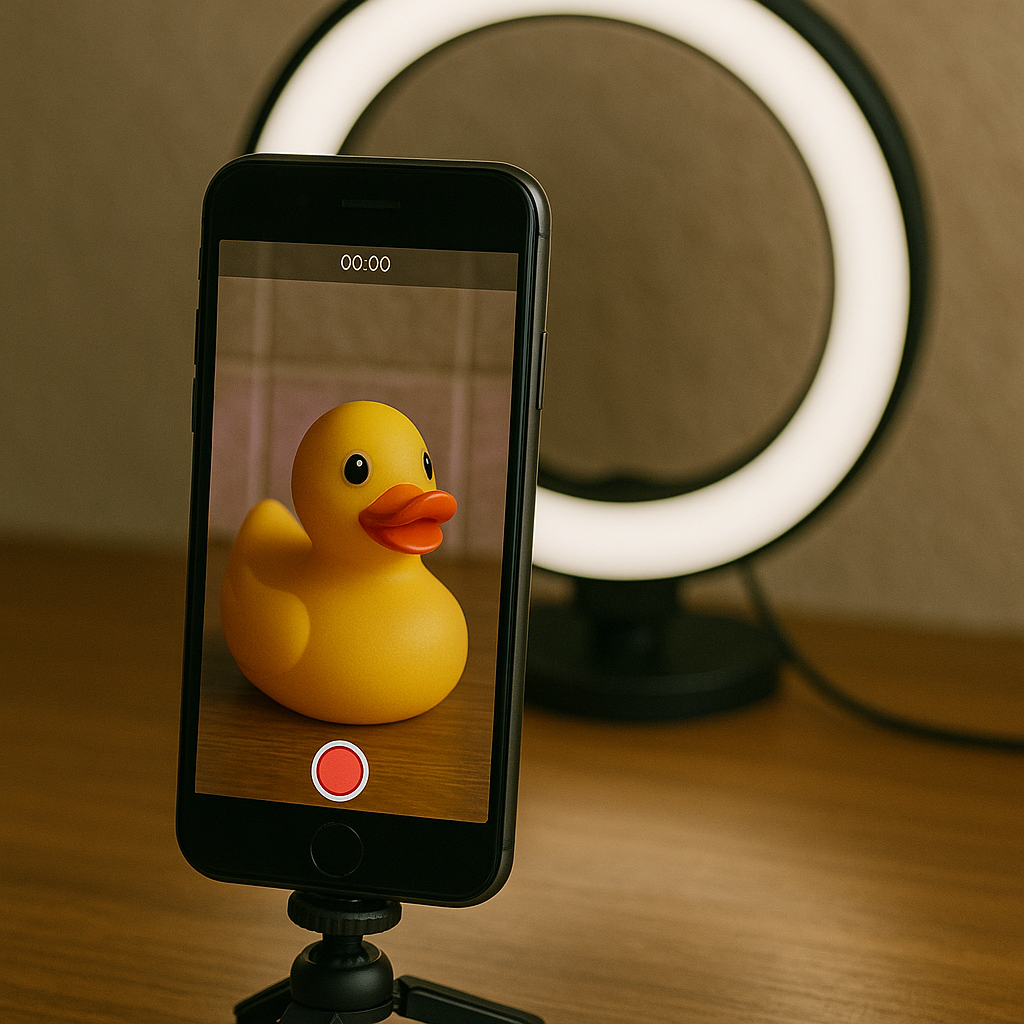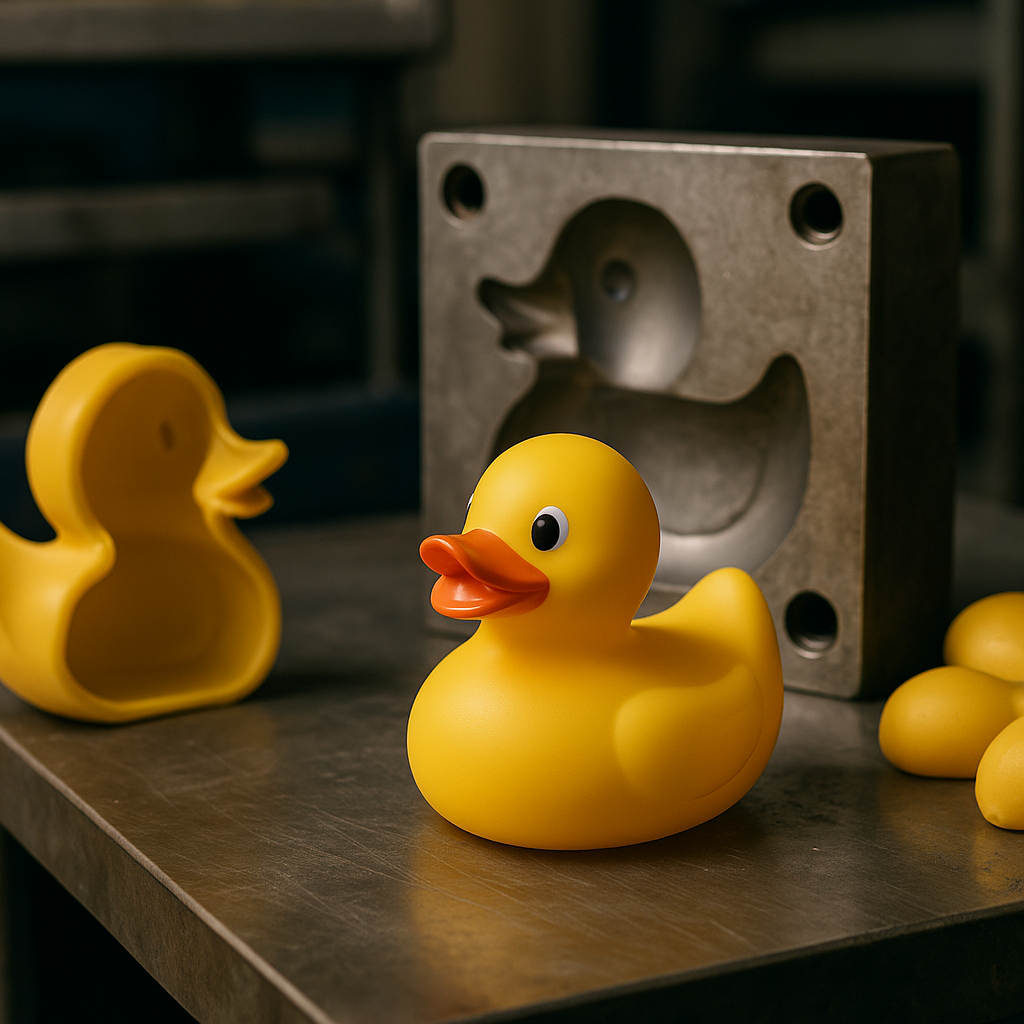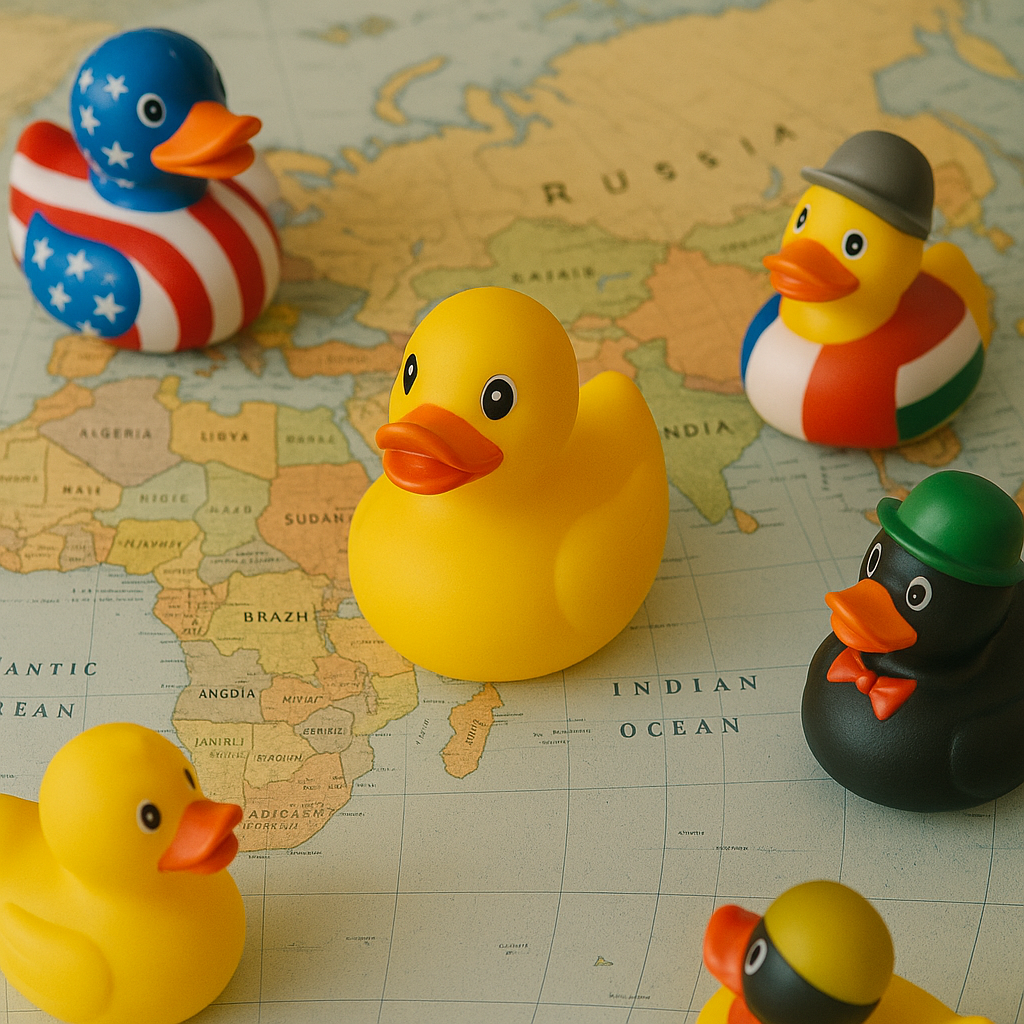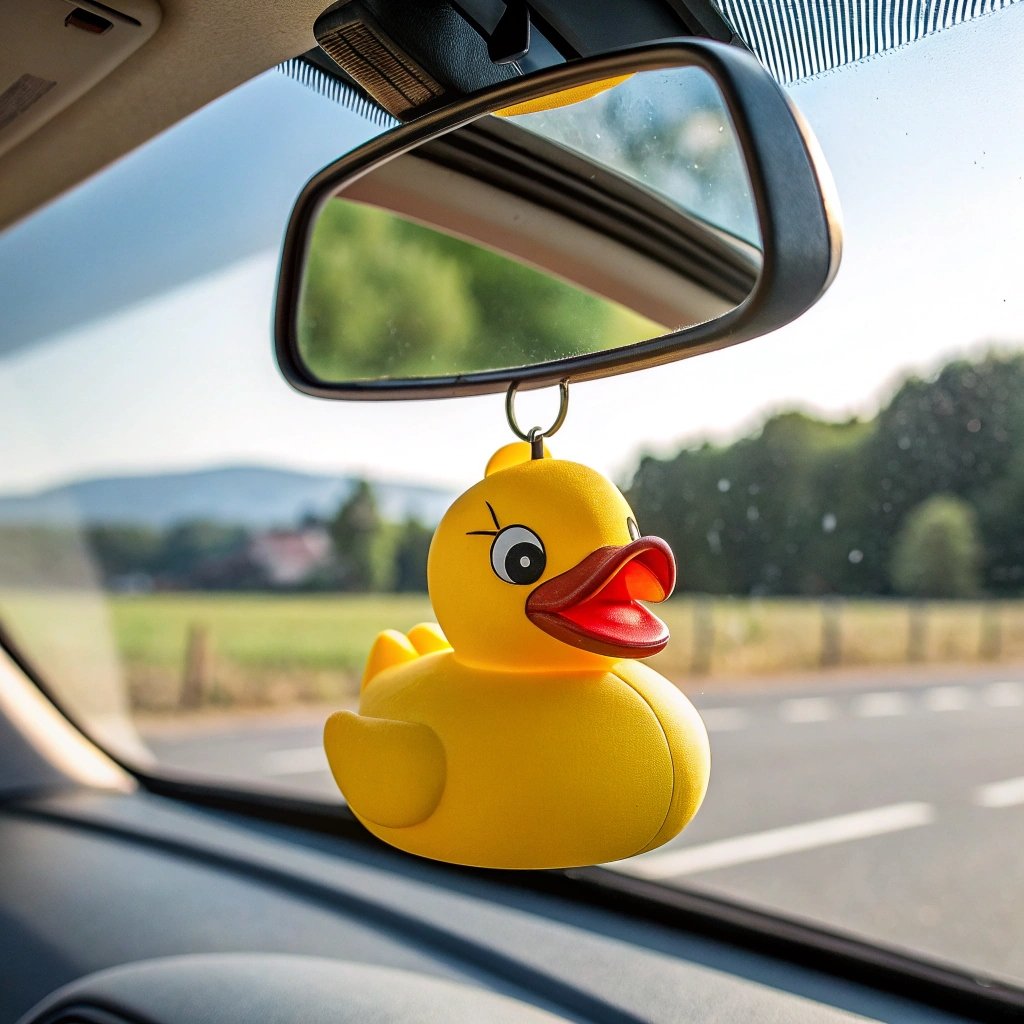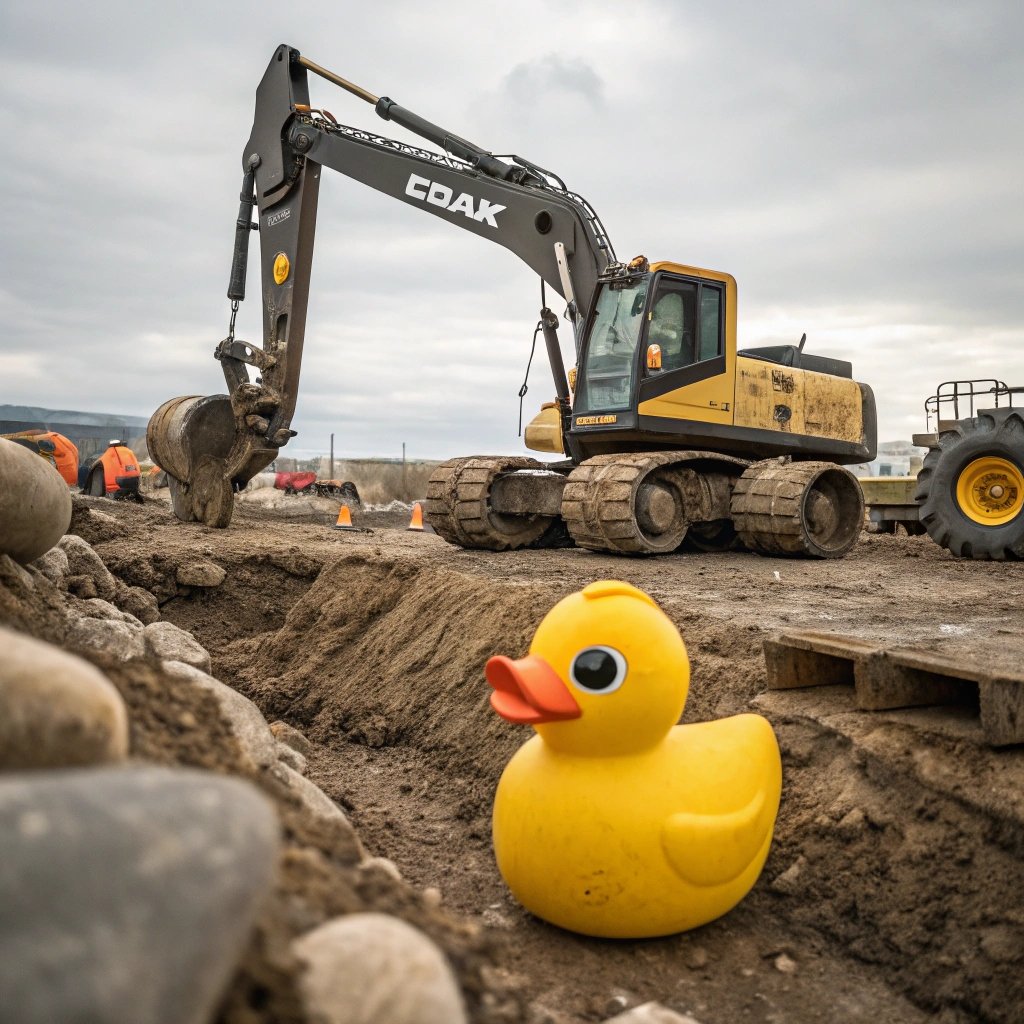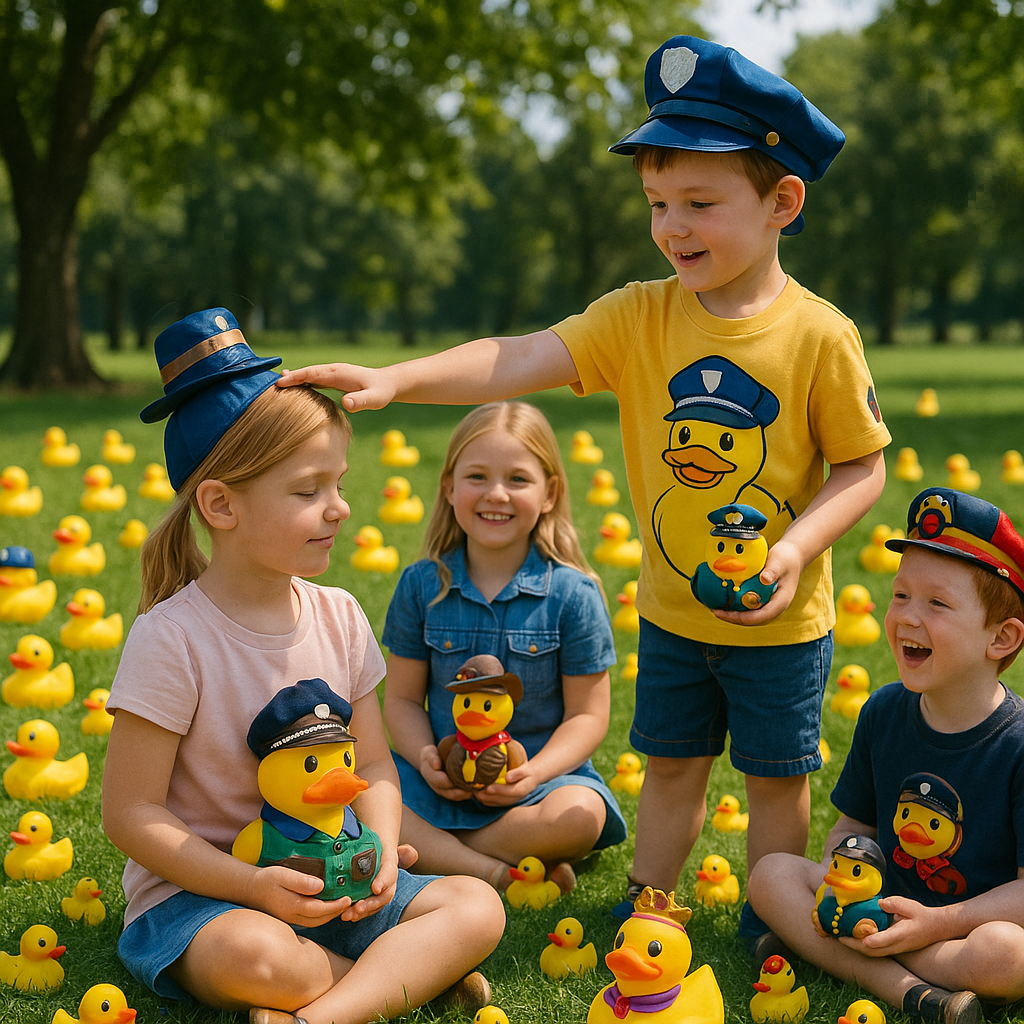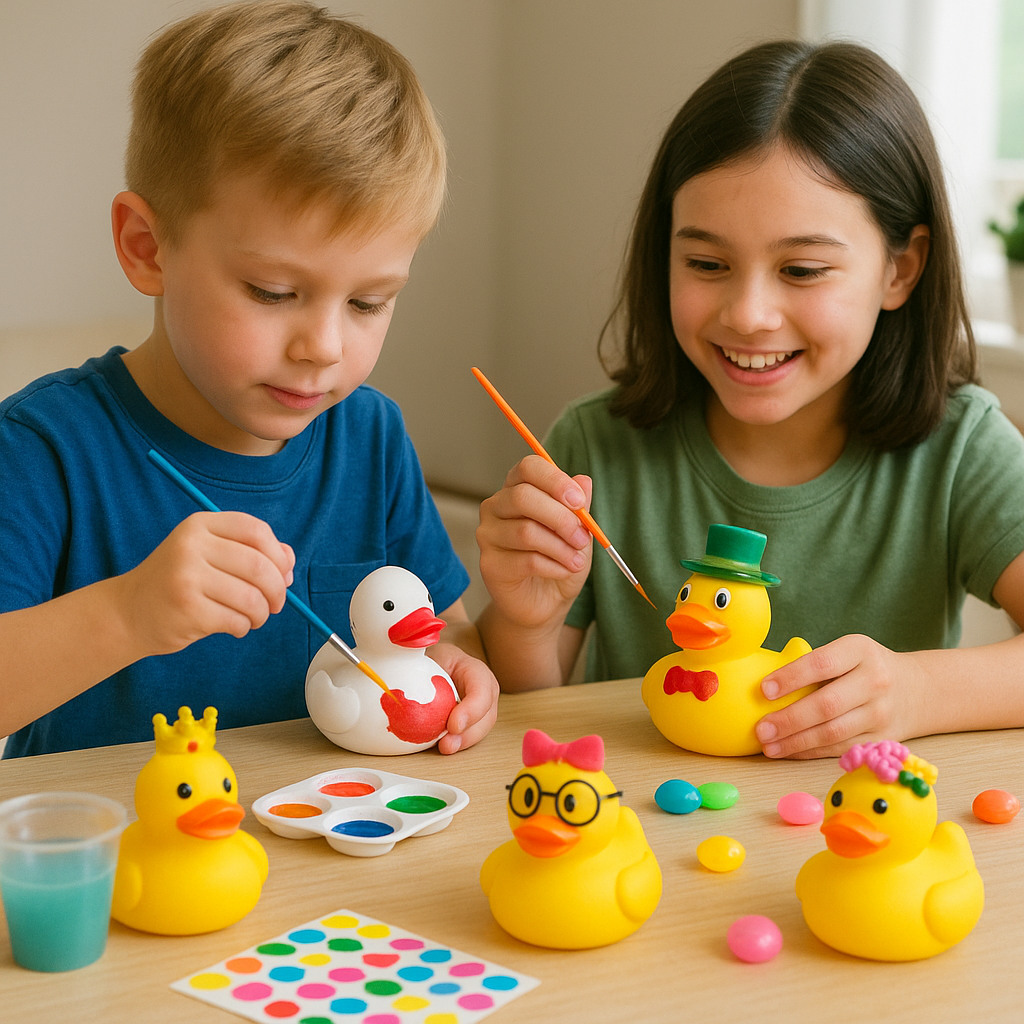Problem: Rubber ducks were once simple bath toys, but now they’re icons in marketing, culture, and collectibles. Why the transformation?
Rubber ducks have evolved from childhood toys to cultural icons, collectible items, and creative branding tools[^1].
Stay with me to discover how these cheerful toys became global sensations across industries and generations.
The History of Rubber Ducks: How It All Began?
Problem: Many of us played with rubber ducks, but few know their origin story or how they evolved from chew toys to beloved icons.
Rubber ducks originated in the late 19th century as chew toys[^2],later becoming floatable bath toys due to changes in rubber technology.**
The Evolution of a Classic
Rubber ducks were first made from hard rubber in the 1800s. These early versions didn’t float. In the 1940s, PVC[^3] replaced rubber, creating the hollow, squeaky duck we know today. The transformation wasn’t accidental—it was due to changes in material availability and safety standards.
Timeline of Development
| Year | Development |
|---|---|
| 1880s | Hard rubber duck used as teething toy |
| 1940s | Introduction of floatable PVC duck |
| 1970s | Ernie on Sesame Street makes them iconic |
| 2000s-now | Custom, themed, and collectible ducks emerge |
More Than a Toy: Why Rubber Ducks Appeal to All Ages?
Problem: It’s easy to dismiss rubber ducks as kids’ toys—but their charm speaks to all ages. What’s the secret?
Rubber ducks evoke nostalgia, humor, and whimsy, making them appealing across age groups and cultural backgrounds.
Emotional Appeal Across Generations
Rubber ducks connect us to simpler times. Their expressions are always cheerful, making them comfort objects. Adults see them as quirky décor or stress relief items. Collectors value limited editions. Their design invites creativity, turning a simple bath toy into a personality.
Cross-Demographic Appeal
| Age Group | Reason for Appeal |
|---|---|
| Children | Playfulness, bath-time fun |
| Teens | Meme culture, social media props |
| Adults | Nostalgia, novelty collectibles |
| Seniors | Sentimental value, gifting items |
Custom Rubber Ducks for Branding: A Unique Marketing Tool?
Problem: In a crowded market, how can businesses stand out without big budgets? Rubber ducks may be the answer.
Custom rubber ducks[^4] are effective promotional items due to their uniqueness, affordability, and universal charm.
Why Brands Love Rubber Ducks
These ducks are highly customizable—from color to costume to message. They’re affordable and create memorable impressions. For brands, ducks break the ice, generate smiles, and get shared on social media, especially when tied to campaigns or mascots.
Branding Potential
| Feature | Marketing Value |
|---|---|
| Logo placement | Constant brand visibility |
| Custom themes | Aligned with brand personality |
| Viral appeal | Encourages shares and photos online |
| Event use | Adds fun to corporate functions |
Creative Themes: From Rock Stars to Superheroes in Duck Form?
Problem: How does a rubber duck stay relevant in pop culture? By becoming everything from Elvis to Spider-Man.
Themed rubber ducks offer limitless creative potential, tapping into pop culture and fanbases for marketing or collecting.
Character and Creativity
Manufacturers now design ducks with detailed costumes and accessories. Ducks dressed as pop icons, political figures, or movie characters appeal to fans and collectors. This personalization transforms the rubber duck into a storytelling tool or novelty gift.
Popular Duck Themes
| Theme Type | Example Characters |
|---|---|
| Music Icons | Elvis Duck, KISS Duck |
| Superheroes | Batman Duck, Iron Duck |
| Movie Characters | Star Wars-themed Ducks |
| Professions | Doctor Duck, Chef Duck |
Eco-Friendly Rubber Ducks: What Materials Matter?
Problem: Plastic pollution is a global concern. Can rubber ducks be fun and sustainable?
**Eco-friendly rubber ducks are made using non-toxic, biodegradable materials like natural rubber or recycled plastics[^5].
Green Alternatives to PVC
Traditional ducks use PVC, which isn’t eco-friendly. Today, brands offer versions made from sustainable materials. Some use natural latex rubber or RPET. Biodegradable packaging is also becoming the norm. For green-conscious brands and buyers, this matters deeply.
Material Comparison
| Material | Eco Benefit | Common Use Today |
|---|---|---|
| PVC | Durable but non-biodegradable | Still common |
| Natural Rubber | Biodegradable and safe | Niche brands |
| RPET | Recycled plastic | Gaining traction |
Why Rubber Ducks Work So Well for Events and Giveaways?
Problem: Event swag often ends up in the trash. How do you give something memorable and reusable?
Rubber ducks are ideal event giveaways—portable, playful, and perfect for customizing with logos or themes.
Ducks as Ice-Breakers
At events, rubber ducks spark laughter and conversations. They’re excellent at drawing attention to booths or displays. With branding, they serve as lasting reminders. Kids love them, and adults find them amusing—a rare dual appeal.
Event Utility
| Event Type | Duck Use Case |
|---|---|
| Trade Shows | Booth giveaways |
| Corporate Retreats | Ice-breakers or awards |
| Fundraisers | Novelty prizes or decor |
| Product Launches | Themed ducks for social buzz |
Limited Editions and Collectibles: The Rise of Duck Collectors?
Problem: Are rubber ducks really collectible? Yes—and some are worth serious money.
**Limited edition rubber ducks[^6] have become highly sought collectibles
The Collector’s World
Like Funko Pops or LEGO minifigs, rubber ducks have built a niche collector market. Collectors look for exclusivity, quality, and originality. Artist collaborations and brand tie-ins make some editions rare and valuable. Duck shows and forums now exist to trade and showcase.
Collector Demand Drivers
| Factor | Impact on Value |
|---|---|
| Limited release | Higher rarity and demand |
| Artist design | Unique appeal |
| Branded editions | Fan-based collectability |
| Condition/packaging | Resale and display quality |
From the Tub to TikTok: Rubber Ducks in Pop Culture?
Problem: How did a humble bath toy become a social media icon?
Rubber ducks are viral-friendly props in memes, challenges, and influencer videos—boosting their pop culture presence.
The Digital Resurgence
Ducks often feature in light-hearted content—floating in pools, dancing in TikTok videos, or starring in quirky photoshoots. Their simplicity makes them versatile props. Celebrities and influencers sometimes use them for humor or nostalgia, amplifying their reach.
Social Media Relevance
| Platform | Duck Content Trends |
|---|---|
| TikTok | Bath-time memes, duck races |
| Shelf décor, quirky aesthetics | |
| YouTube | Product reviews, parody skits |
| Twitter/X | Meme remixes, political jokes |
Behind the Scenes: How Custom Rubber Ducks Are Made?
Problem: Ever wonder what goes into making a custom duck? It’s more detailed than you might think.
***Custom rubber ducks are made using molded designs, hand-painting, and strict quality control in certified factories[^7].
Factory to Float
The process starts with 3D modeling. A mold is then created, followed by material injection—often PVC or RPET. After curing, the duck is painted, printed, and quality-checked. Custom orders involve close coordination with designers and clients, ensuring brand accuracy.
Production Process
| Step | Description |
|---|---|
| Design & Mold | CAD design, mold fabrication |
| Material Injection | Filling mold with rubber/PVC |
| Finishing Touches | Hand painting, logo printing |
| QC & Packaging | Visual inspection, safe packaging |
The Global Market for Rubber Ducks: Trends and Opportunities?
Problem: Is there still room to grow in the rubber duck market? The answer is yes—with new regions and niches emerging.
**The global rubber duck market is growing, driven by custom designs, eco-conscious products, and international novelty trends
Market Expansion and Trends
The U.S. and Europe dominate sales, but Asia and South America are emerging markets. Demand for customized ducks in tourism, events, and brand promotions is high. Eco-friendly versions open doors to green-conscious brands and markets.
Market Insights
| Region | Market Trend |
|---|---|
| North America | High volume, strong branding focus |
| Europe | Sustainability-driven demand |
| Asia | Rising novelty and collector trends |
| Australia | Event-focused custom orders |
Conclusion
Rubber ducks blend nostalgia, creativity, and branding into one playful icon—proving charm and simplicity still have global power.
[^1]: Explore why rubber ducks became icons for collectors, brands, and marketers across industries. ↩
[^2]: Learn how early rubber ducks were used as chew toys before evolving into bath-time staples. ↩
[^3]: Understand the switch from rubber to PVC and its impact on duck design and floatability. ↩
[^4]: Discover how customizable rubber ducks help brands stand out at low cost. ↩
[^5]: Find out which materials make rubber ducks sustainable and planet-friendly. ↩
[^6]: Learn why limited editions and brand collaborations make rubber ducks highly collectible. ↩
[^7]: Understand how strict QC and factory processes ensure top-quality custom ducks. ↩


